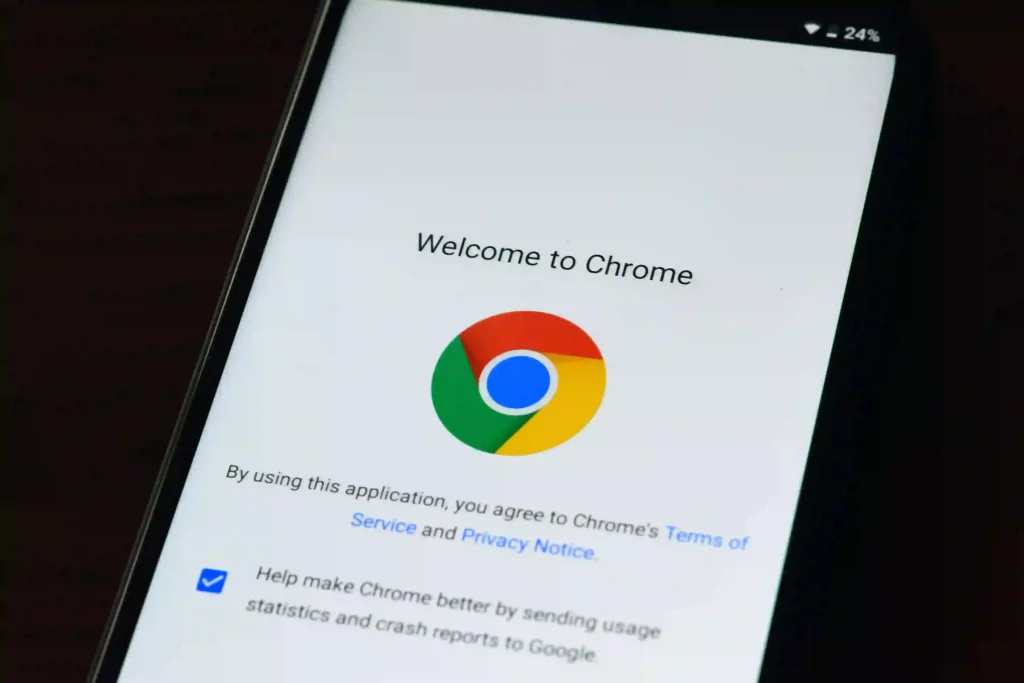Introduction
Having your website crawled by Google can be an important factor in improving its visibility and search engine ranking. When Google crawls your website, it means that the search engine is visiting your site and indexing its pages, making them more visible to users searching the web. There are a few different ways you can encourage Google to crawl your website more frequently, which can help ensure that your website’s content is being accurately reflected in search results.
One way to encourage Google to crawl your website is by submitting a sitemap. A sitemap is a file that lists all of the pages on your website, making it easier for Google to discover and crawl them. You can create a sitemap using a variety of tools, such as the Google Search Console or an online sitemap generator. Once you have created your sitemap, you can submit it to Google through the Search Console.
Another way to encourage Google to crawl your website is by regularly adding fresh, high-quality content to your site. Google tends to crawl websites more frequently when they have new content, as this helps the search engine keep its results up to date. This means that publishing blog posts, articles, or other types of content on a regular basis can help encourage Google to crawl your website more often.
In addition to adding fresh content, it’s also important to ensure that your website is easy for Google to crawl. This means making sure that your website’s structure is clear and logical, and that your pages are linked together in a way that makes sense. You can use tools like the Google Search Console to check for any crawl errors or issues that may be preventing Google from fully indexing your website.
Finally, you can also encourage Google to crawl your website by building high-quality backlinks. Backlinks are links from other websites that point to your website, and they can help improve your website’s visibility and search engine ranking. Building backlinks can be a time-consuming process, but it can be an effective way to encourage Google to crawl your website more frequently.
Overall, there are a few different ways you can encourage Google to crawl your website more frequently. By submitting a sitemap, adding fresh content, ensuring that your website is easy to crawl, and building backlinks, you can help improve your website’s visibility and search engine ranking.
What is Crawler?
A web crawler, also known as a spider or a bot, is an automated program that visits websites and retrieves information from them. Web crawlers are commonly used by search engines to discover and index new web pages , as well as by companies to gather data for various purposes.

When a web crawler visits a website, it follows links on the page to other pages within the same domain. It retrieves the content of each page it visits and adds it to a queue to be processed later. As the crawler continues to crawl the web, it adds any new pages it finds to its list of pages to be processed.
Web crawlers are designed to be efficient and scalable, as they need to be able to handle large volumes of data and process it quickly. They are typically programmed to respect robots.txt, a file that websites can use to indicate which pages or sections of the site should not be crawled.
Web crawlers are an important part of how search engines work, as they help discover and index new web pages, which can then be ranked and included in search results. They are also used by companies and organizations to gather data for various purposes, such as market research, price comparison, and website analytics.
What Terms and condition crawler check for indexing?
Relevance:
The crawler will only index pages that are relevant to the keywords and topics that it is searching for.
Quality:
The crawler will only index pages that have high-quality, unique content.
User experience:
The crawler will consider factors such as the loading speed and overall usability of a webpage when deciding whether to index it.
Meta tags:
The crawler will look at the meta tags on a webpage to understand its content and determine whether it should be indexed.
Robots.txt:
The crawler will check the robots.txt file to see if the website owner has specified any pages or sections of the site that should not be indexed.
Link structure:
The crawler will examine the links on a webpage to understand its relationship to other pages on the internet.
Domain authority:
The crawler will consider the overall authority and trustworthiness of the domain when deciding whether to index a webpage.
Duplicate content:
The crawler will avoid indexing multiple pages with the same or similar content.
Content formatting:
The crawler will consider the formatting of a webpage, including the use of headings and subheadings, when deciding whether to index it.
Mobile-friendliness:
The crawler will consider whether a webpage is optimized for mobile devices when deciding whether to index it.
HTTPS:
The crawler will favor pages that are served over a secure HTTPS connection.
User-generated content:
The crawler will consider the quality and relevance of user-generated content, such as comments and reviews, when deciding whether to index a webpage.
What Information Google Collect from our Page?

Google collects a wide range of information from the pages it crawls, including:
Page content: The actual content of the page, including text, images, and videos.
Meta tags: Information about the page that is included in the HTML code, such as the title, description, and keywords.
Internal and external links: Links to other pages on the same website, as well as links to external websites.
Page structure: The way the content on the page is organized and formatted, including headings, paragraphs, and lists.
Alt text: Descriptive text that is associated with images, used to provide context for users who are unable to see the images.
Page speed: The time it takes for a page to load and become fully functional.
Mobile-friendliness: Whether the page is optimized for viewing on mobile devices.
HTTPS: Whether the page is served over a secure HTTPS connection.
Information Used by Google
Google uses the information it collects from pages to understand the content and context of the page, as well as to determine its relevance and quality. This information is then used to rank pages in search results and to provide more relevant and targeted ads.
Google may also use the information it collects to better understand user behavior and preferences, to improve its products and services, and to personalize search results and ads for individual users.
Overall, the information collected by Google helps to improve the user experience by providing more relevant and accurate search results and ads.
Google Privacy and terms
Google is a technology company that provides a range of products and services, including search, advertising, and cloud computing. As such, Google collects and processes a large amount of data in order to provide these services.

Google’s privacy policy outlines the types of information that the company collects and how it is used. This includes information that users provide directly, such as when they create a Google account or use a Google product or service. It also includes information that Google collects automatically, such as IP addresses and cookie data.
Google’s privacy policy also explains how the company uses this information, including for purposes such as providing and improving its products and services, personalizing content and ads, and analyzing user behavior. The policy also explains how Google shares this information with third parties, such as for advertising and analytics purposes.
Google is committed to protecting the privacy of its users and has implemented measures such as encryption and secure servers to help protect user data. However, users should be aware that no method of transmitting or storing data is completely secure, and there is always some risk that user data could be accessed by unauthorized parties.
Google’s terms of service outline the terms and conditions under which users can access and use the company’s products and services. These terms include provisions related to user conduct, intellectual property, and the use of Google’s content and services. Users should carefully review these terms before using any Google products or services.

